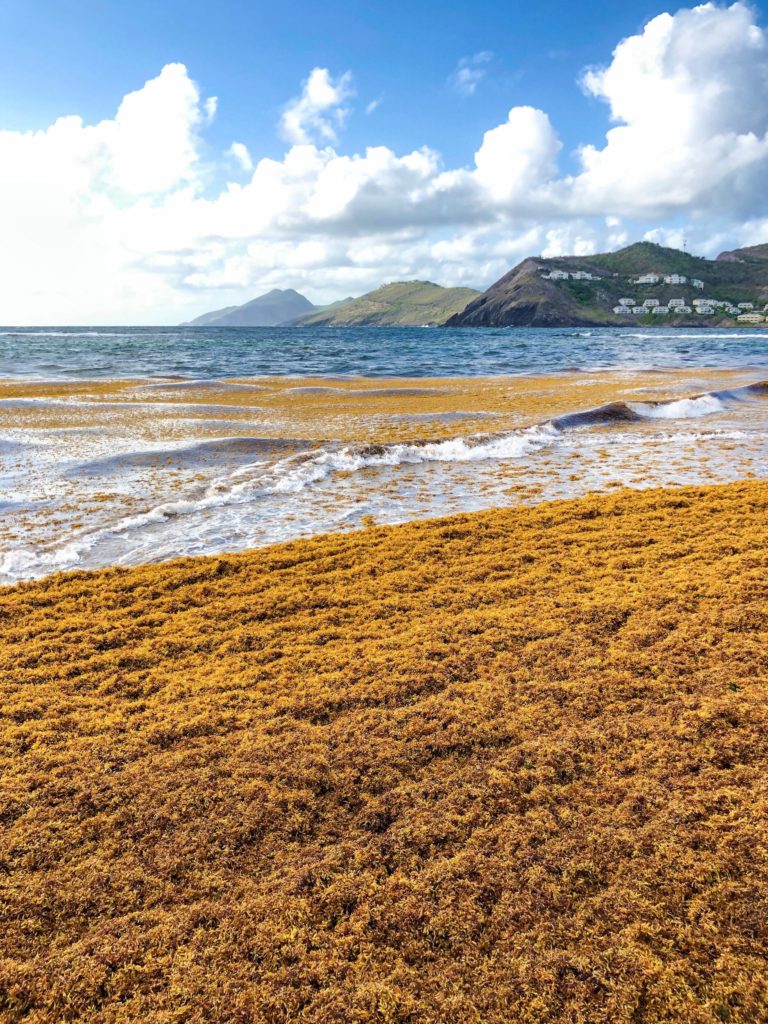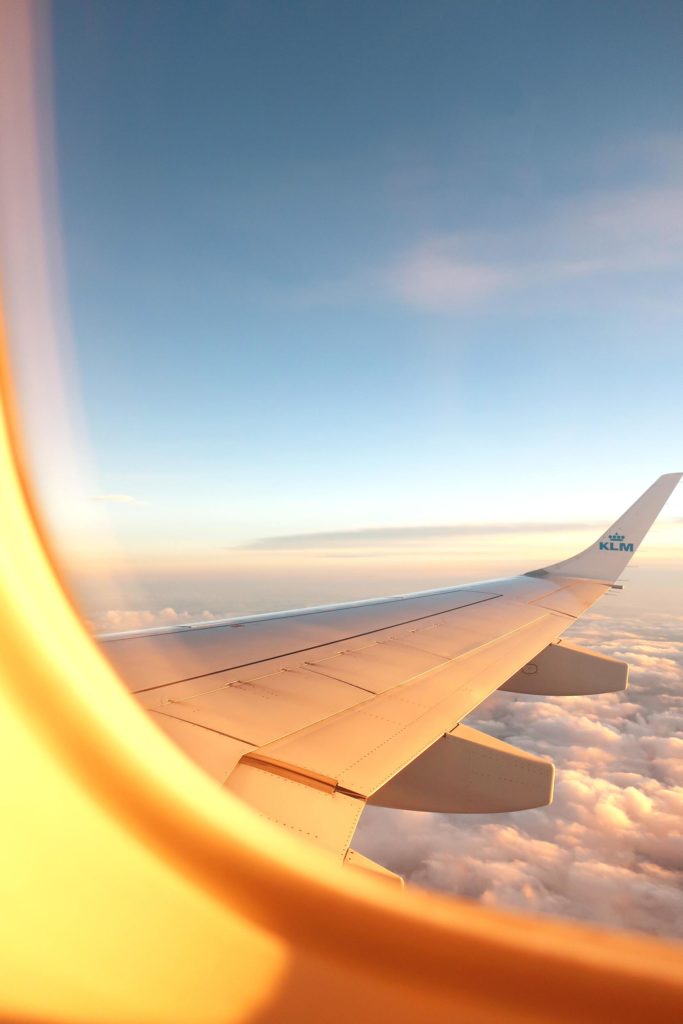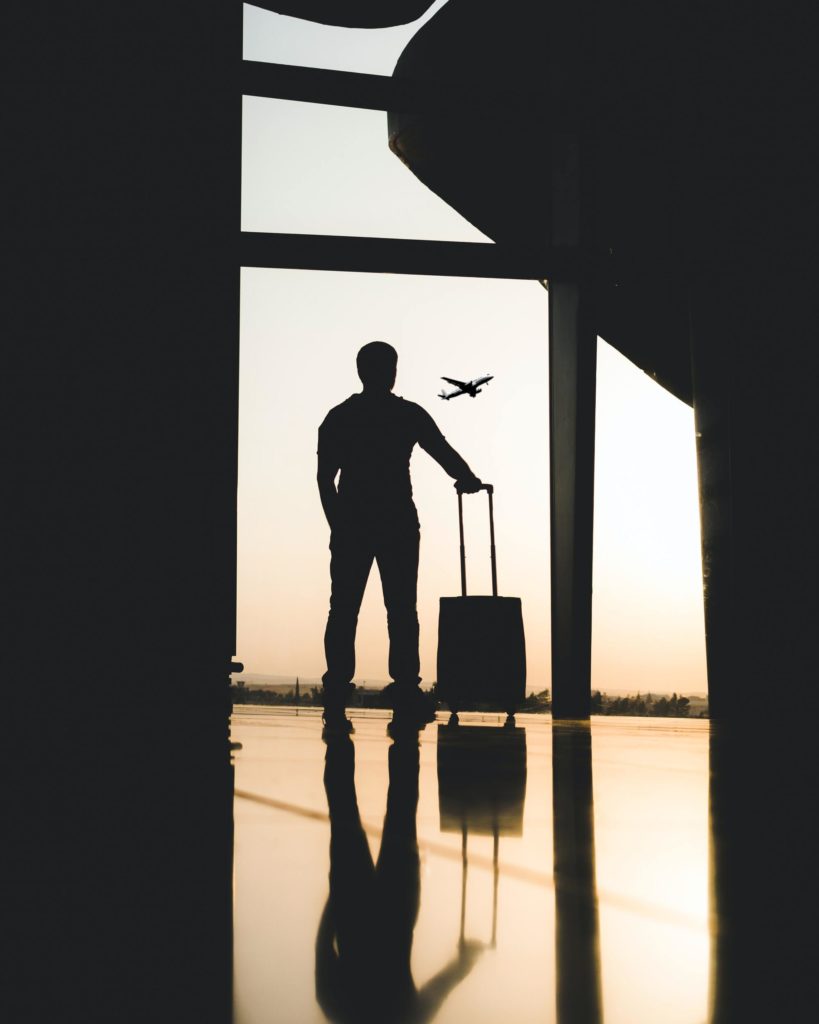Introduction to St. Kitts & Nevis

The Federation of Saint Kitts and Nevis is an island country located in the Caribbean Basin near the northern coast of South America. It belongs to the Leeward islands chain of the Lesser Antilles, starting from Puerto Rico on the East, and reaching Dominica on the South side. Two parts of the island – Saint Kitts and Nevis, are divided by the channel referred to as The Narrows
.
In 2016 a vibrant economic growth rate of 6.6% was reported for the state by IMF World Economic Outlook.
In case you are looking for an opportunity to relocate to this country – see more options here.
History of St. Kitts and Nevis
Saint Kitts and Nevis were one of the first islands in the Caribbean region to be settled by Europeans. Saint Kitts was home to the first French and British colonies in the Caribbean, and therefore has a title The Mother Colony of the West Indies
. France and Great Britain was fighting over the island for about two centuries. The English, who settled the island, made St.Kitts the first colony in the Caribbean. In the 18th century Britain gained the initial power.
In 1958 St. Kitts and Nevis joined the Federation of West Indies, remaining in that association until its dissolution in 1962. The state attained its full political independence in September 1983.
Economy of St. Kitts and Nevis
State$rsquo;s economy relies on the agriculture (growing sweet peppers, rice, bananas, yams, cabbages and white potatoes), fishing and manufacturing sector. However, over the past decades St. Kitts and Nevis’s economy has been transformed from agriculture based economy into a service oriented economy.
Saint Kitts and Nevis economy is characterised by its dominant agriculture, light manufacturing and tourism industries. In fact, St. Kitts is highly dependent upon tourism to drive its economy. Tourism industry has been expanding since 1978. In 2007 there were 379,473 arrivals to Saint Kitts and the number grew to 587,479 in 2009 or in other words: just below 40% growth in two years.
The island also developed clothing, footwear, cotton and sugar production, electronics assembly, food-processing, and beverages industry. A rapid growth of economy was registered around 2000, after dealing with the consequences of five hurricanes in the mid 1990s. The state invested and continues to invest in new tourist resorts and golf courses for maintaining economic growth.

Currency
The Eastern Caribbean Dollar is the legal tender on the island. The state’s VAT rate is 17%, however, tour operators, restaurants and hotel accommodation carry a reduced rate of 10%.
Business environment
During past decades tourism sector has become the largest source of foreign exchange on the island. Starting from 1984, there was a rapid growth of a small offshore sector on Nevis registered. More than 60% of state’s foreign earnings come from export activities.
Saint Kitts and Nevis also acquires foreign direct investment through their citizenship by investment program. Country also offers a variety of international tax planning vehicles such as foundations, trusts, LLP’s, LLC’s, IBC’s, and Captive Insurance Companies.
Politics and government of St. Kitts & Nevis
The country is a member of the Commonwealth of Nations and has Queen Elizabeth II as its reigning constitutional monarch. The state is a federal parliamentary democracy and has a two-party political system. Current ruling political parties are Saint Kitts and Nevis Labour Party, People’s Action Movement, Nevis Reformation Party, Concerned Citizens’ Movement and People’s Labour Party.
Participation in international organizations
St. Kitts and Nevis is a member of the Organization of Eastern Caribbean States (OECS) and the Caribbean Community (CARICOM). The country signed an agreement with the US regarding Foreign Account Tax Compliance Act (FATCA). It also participates in such organizations as WHO, UN, WIPO, UNESCO, UNCTAD, UNIDO and other well-known international alliances.
Culture of St. Kitts & Nevis
The state has such national holidays as Carnival Day on January 2, August Monday on the first Monday in August, and Culturama Day on the first Tuesday after August Monday. There is an international triathlon, which is usually held on March/April, St Kitts and Nevis Sailing Regatta – in May, and St Kitts-Nevis Music Festival – in June, TDC Golf Tournament – in August, St Kitts Tourism Week – in October and Nevis Tourism Week – in February. Locals also organize horse racing competitions and fishing tournaments.
The cultural heritage of the islands involves such reminders of their past as Hamilton House – a place where the famous American Statesman has born, Memorial Square – the monument in Honour of the dead of World War I, Montpelier House – a site, where the well-known Lord Nelson married Fanny Nisbett to name a few.

Population
In the middle of the 2016 the population of Saint Kitts and Nevis consisted of around 53 thousand people. The islanders refer to themselves as Kittitians and Nevisians. Most of the local people are of African descent (about 75%), some of the inhabitants are of Portuguese, Lebanese or British origin. The major part of the population (about 45%) is in the age group of 25-54 years according to the 2016 state’s population data. Its population growth rate in 2016 was 0.75%. The population density in the same year was 200.49 per km2.
Language
The official language, spoken on the islands, is English, however, the main spoken language is a dialect of Leeward Caribbean Creole English referred to as Saint Kitts Creole English. While it does not have the status of an official language, it is spoken by more than 80% of the population. Nevisians themselves refer to their language as Nevis creole
or Nevisian
.
Immigration in St. Kitts and Nevis

St. Kitts and Nevis’s net migration rate, showing the amount of persons, who entered the country in 2016, was 1.2 migrants per 1000 of the population. St. Kitts allows foreigners to obtain the status of its citizens by applying to a government sponsored investment programme referred to as Citizenship-by-Investment.
The island has UNESCO World Heritage Sites such as Historic zone of Basseterre, City of Charlestown, Brimstone Hill Fortress National Park and other legacies, providing great views over the surrounding area for the tourists.
Currently St. Kitts & Nevis is offering a second citizenship program, allowing foreign investors to apply for a citizenship, based upon investment made. Click here to read more about Caribbean passport or contact us to apply now.